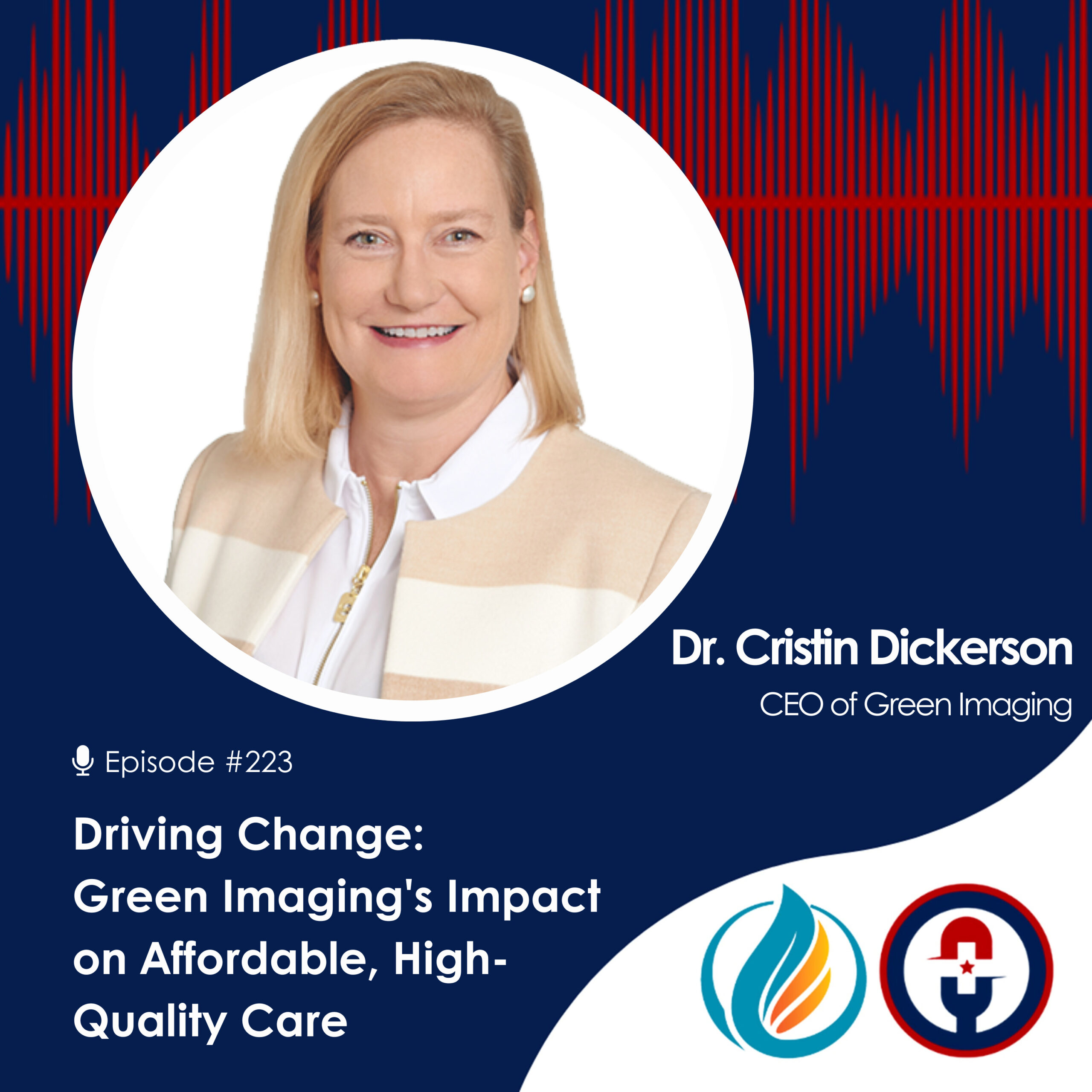
Are You Ready for the Coronavirus-Induced Spike in Healthcare Premiums?
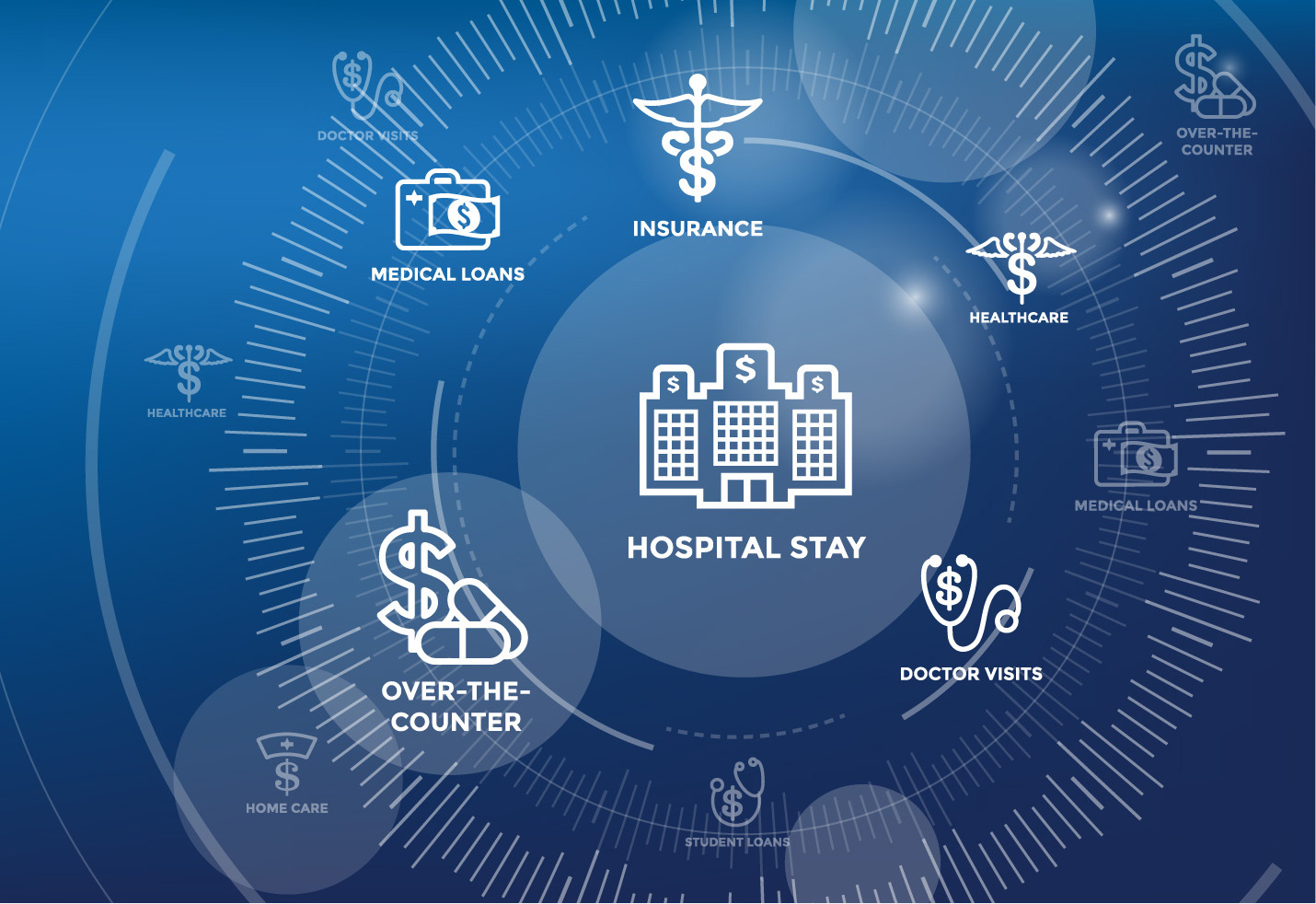
Health insurance companies may have to pony up $90 billion in insured medical costs due to the COVID-19 pandemic. But it's consumers and taxpayers and businesses that are fully insured that are ultimately going to pay for it.
Coronavirus, or more accurately COVID-19, has indeed been a black swan event. With the United States now considered the epicenter of the pandemic, the S&P estimates that COVID-19 will likely cost insurers close to $90 billion in insured medical costs. Some industry experts even see this number ballooning further into the hundreds of billions of dollars if drastic measures aren't taken in places like New York City.
While many Americans won't shed a tear for overstretched insurance companies that have recorded record profits over the last decade, they might tear up if they pay attention to their premium payments next year.
While health insurers may be experiencing some financial pain now, it is consumers who will ultimately bear the brunt of the costs in the years to come.
Under an insurance-driven healthcare model, insurers pay most of an insured patient's immediate medical costs that result from COVID-19. That's the whole point of an insurance model. The insurer backs your medical bills so you won't get caught off guard or financially decimated when black swan health events, such as a viral pandemic, occur. In return, consumers pay insurers a little (or a lot) of money every month in the form of premiums. Ultimately, those risk-adjusted premiums add up to a number that makes it financially lucrative for insurers to make a tidy profit. If it weren't profitable, they wouldn't do it. To overcome their $90 billion deficit and protect their bottom line, insurers will dramatically raise premiums.
According to estimates generated by actuaries working within California's individual mandate marketplace, we could see anywhere between $29 billion and $216 billion dollars in hospital costs as a result of the pandemic. Peter Lee, who directs the state's individual marketplace, predicts double-digit increases in healthcare premiums over the coming year as health insurers offload that financial burden to consumers.
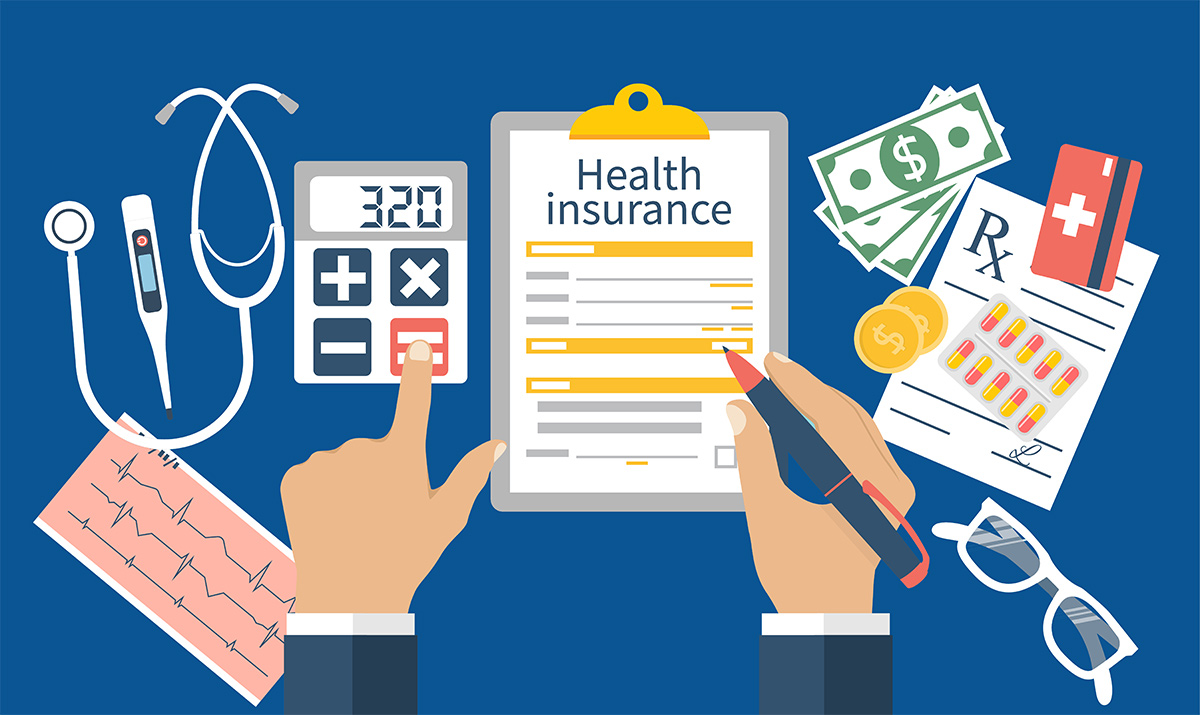
How Insurers Will Pass The Cost of COVID-19 Back To Consumers
Direct Cash Payments
Direct cash payments are paid directly to hospitals, doctors, and medical providers for their services.
Taxes
Taxes are paid to the government so that money can be redistributed to pay for the healthcare costs of the poor and elderly and indigent, government employees, and the VA system.
Insurance Premiums
Meanwhile, premiums are paid to health insurers who are supposed to act as a financial backstop to protect consumers from egregious medical bills that can easily bankrupt a family.
#1 Cause of Bankruptcy

Today, medical bills are the number one cause of bankruptcies in the US. That's quite a stunning piece of information if you think about it. Just because you catch the Coronavirus, or are unlucky to be born with a preexisting condition, or get into an accident, you could be forced into bankruptcy.
Even those who are insured aren't safe from medical bills that could easily wipe out all their savings and then some. The Kaiser Family Foundation estimates that an individual with employer health insurance might still face over $20,000 in costs for the diagnosis and treatment for COVID-19. If you don't have insurance, well good luck, you could quickly pay double or triple that amount out of pocket depending on the hospital where you end up.
"We have a treasured employee whose husband is critically ill with presumed COVID-19. Our love and prayers continue to go out to that family and to all of our partners and patients impacted in so many ways by this pandemic."
--- DR. CRISTIN DICKERSON, MD
Guess who controls the purse strings?
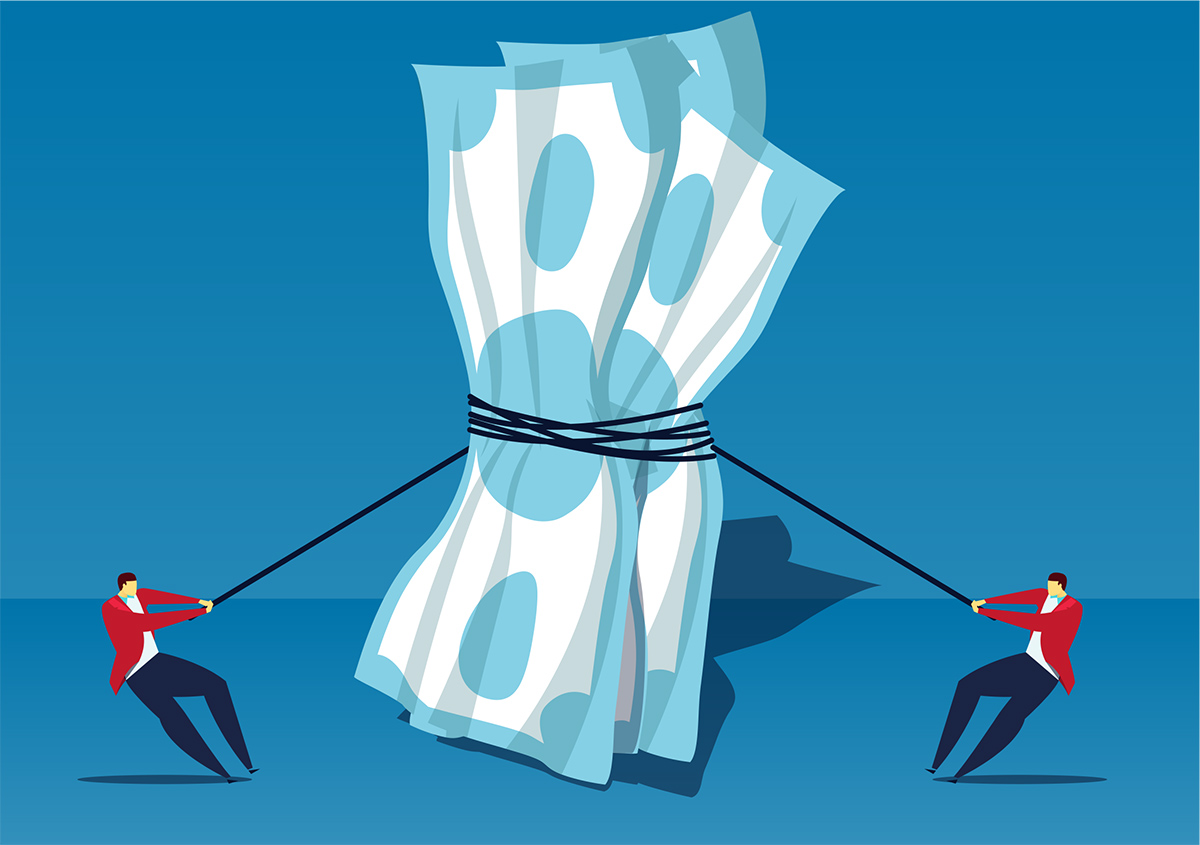
HOSPITALS.
That's because hospitals can charge what they charge, and insurers will happily pass those costs on to consumers in the form of co-pays, deductibles, and premiums. The higher the bill, the more they can skim off the top in the way of profit. They simultaneously negotiate lower payouts to medical service providers while cranking up insurance premiums on consumers. Because they control the purse strings, they control the conversation.
A Dirty Little Secret
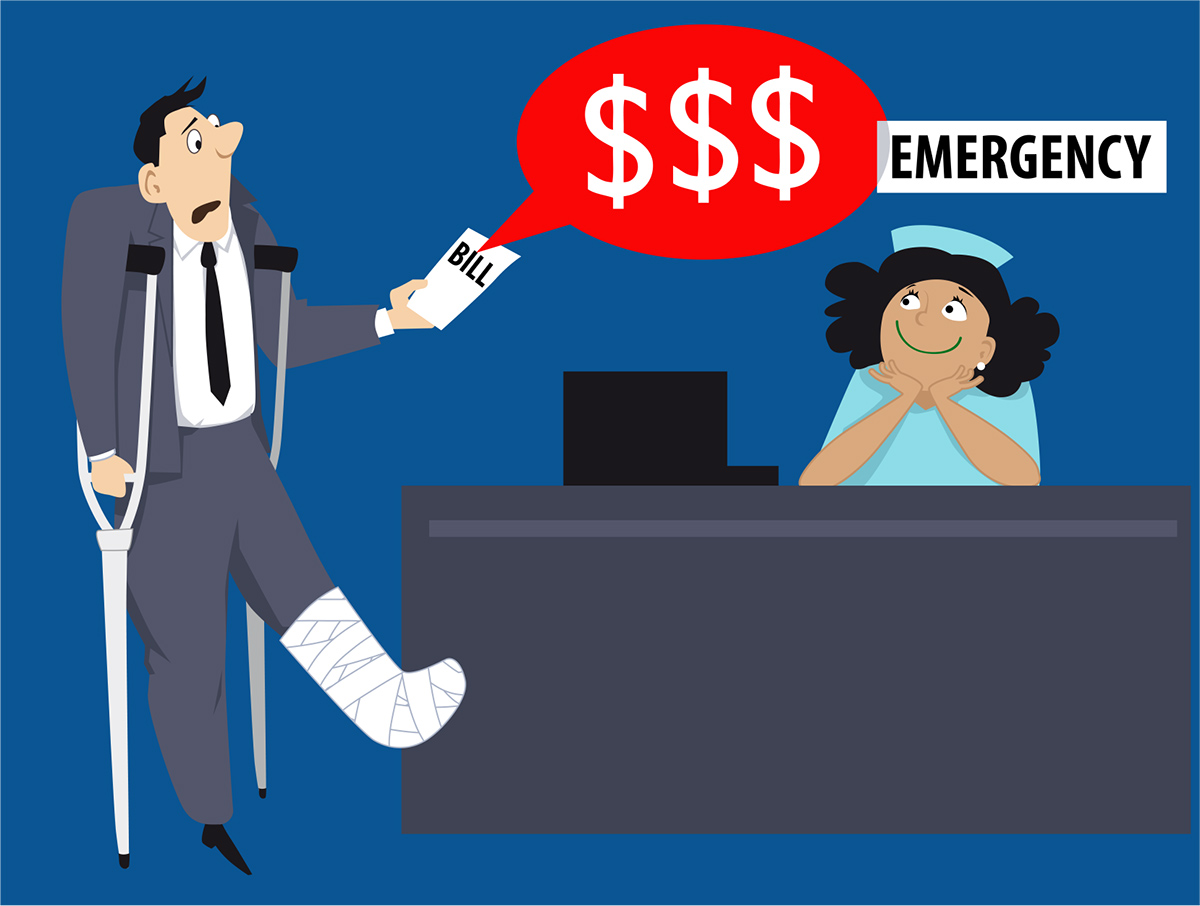
Here's how that might work:
Let's say the hospital hands you a bill worth $100,000 for knee surgery. On its face, it's a ridiculous number.
The insurance company negotiates the bill down to $16,000 with the hospital and pays them for their services.
That's great, right?
Wrong!
Remember, you don't know what the insurer ultimately paid out. The actual payout for hospital services is considered a "trade secret" that cannot be revealed to consumers. This is important because on paper, the insurance company might say that the negotiated list price for knee surgery is actually $50,000. They recoup that paper cost through a combination of co-pays, deductibles, and especially, monthly premiums. At the end of the day, the difference between the $50,000 they collected over time, and the $16,000 they paid out to the hospital is profit. It's a classic middleman scheme, and it's going to bankrupt some patients in the coming months.
Why Aren't We Prepared?

With millions of Americans dealing with the very real financial and personal fallout from the COVID-19 pandemic, not many people will be prepared for the tsunami of costs coming their way. Health insurers burned by the spike in claims, and government intervention, as a result of the Coronavirus crisis are almost certainly going to win back their losses and recoup their costs as soon as the virus shows any sign of abating.
For consumers, that's terrible news. Jobless claims for the month of March have already skyrocketed to a record-shattering 3.3 million applications. Meanwhile, many companies who have not laid-off employees are already tightening their belts in preparation for a long and slow economic recovery. That means most families, even those without a high deductible, are likely going to be squeezed between diminished economic prospects and increasing health insurance premiums.
Make no mistake, premiums are going to rise, and they are going to increase significantly. Even during the recently expired market bull run, when money was plenty, health insurers still raised their premiums year-over-year. Imagine the kind of double-digit percentage increases you can expect this year.
Are you prepared for a spike in your health insurance premiums?
Next week, we'll look at potential solutions.


DR. CRISTIN DICKERSON, MD















